Only 17 out of 35 states & union territories have adopted the Model APMC Act 2003, aimed at streamlining the agricultural markets.
In May this year, the Centre informed the Supreme Court that more than 12,000 farmers commit suicides in India annually since 2013. One of the reasons behind this disturbing trend is said to be the existence of middlemen, who allegedly exploit the farmers with the promise of future payments that never materialise.
Even the Model Agricultural Produce Markets Committee Act, 2003—which was enacted to liberalise the agriculture sector and make the APMCs more responsible—proved to be a dud with only 17 out of 35 states & union territories adopting this roadmap to change the system.
Things are no different in Delhi’s Azadpur Mandi, the largest APMC authorised market in India, where allegations of corruption and unfair trade practice have almost derailed the system.
Text by Priyamvada Grover, photographs by Nayanika Chatterjee
Auction System
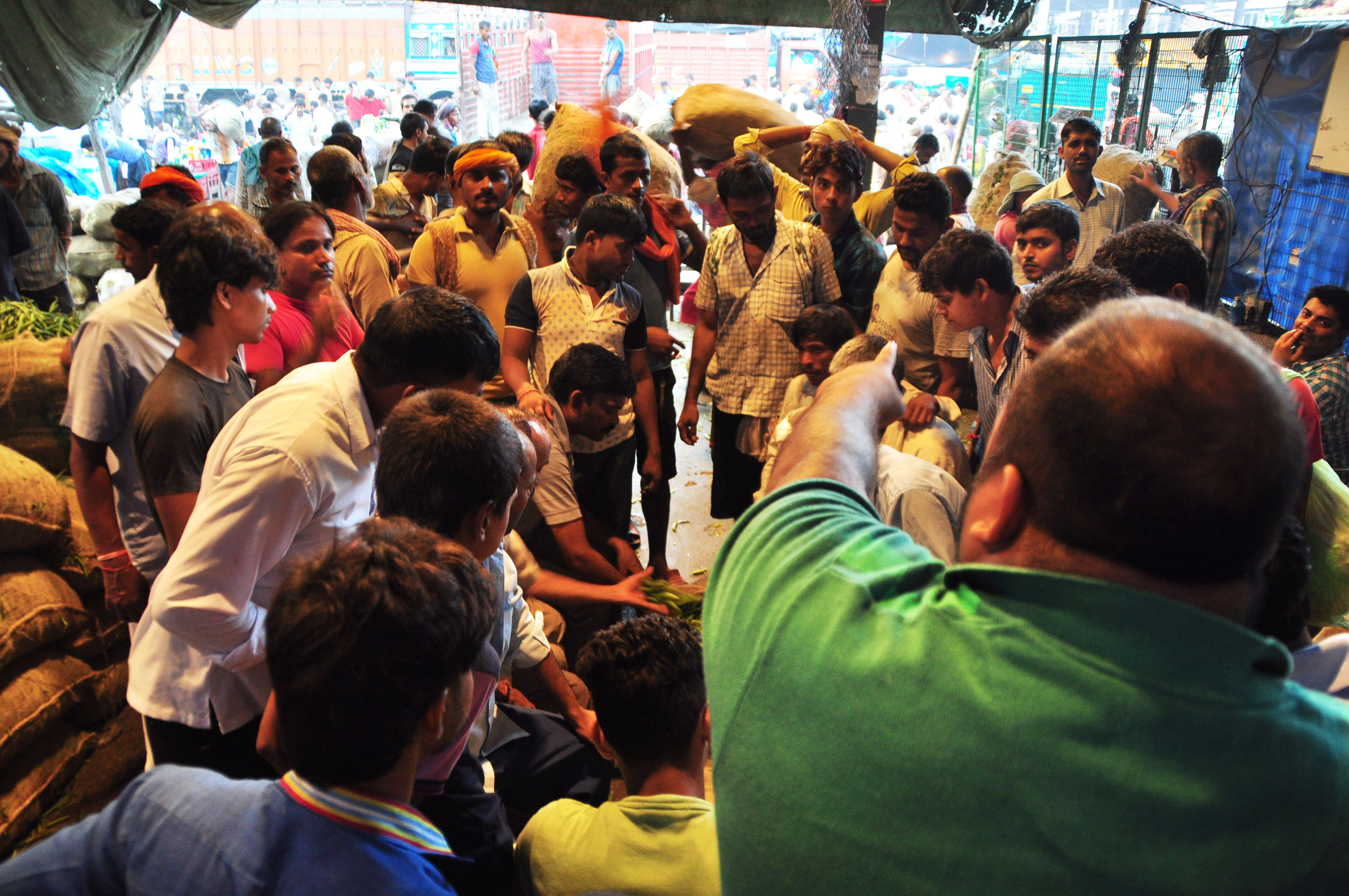
According to the APMC Act, the trade of agricultural produce between farmers and traders is to be carried out through an auction by commission agents in these markets. However, the agents often rig the bidding process.
Sunil Badola
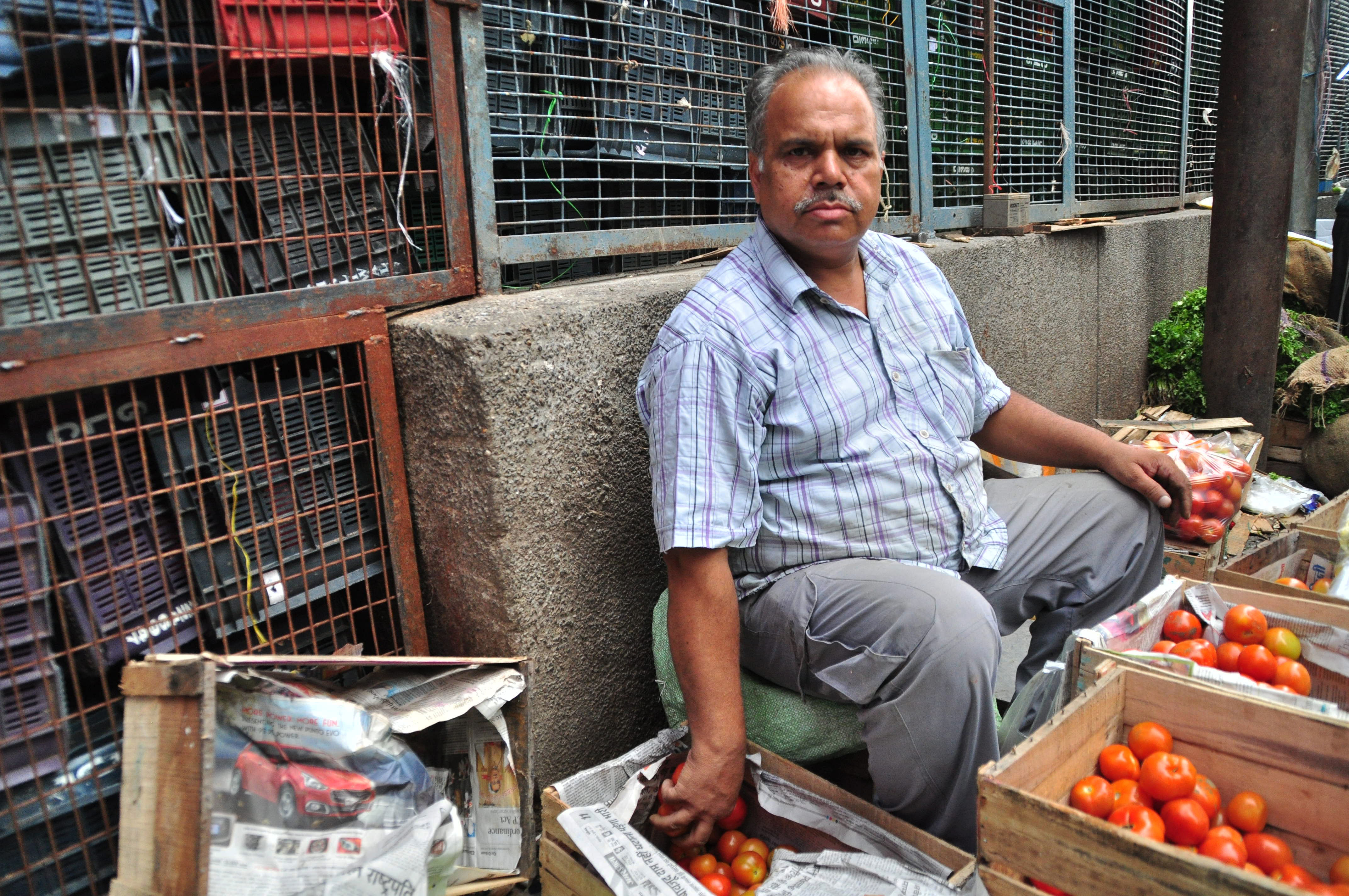
Sunil Badola has been dealing in tomatoes at the Azadpur Mandi for 40 years. He procures the produce through bidding in the morning and pays six per cent commission to arthi (agent), carrying out the auction.“They (the commission agent and the trader) pre-determine the price through certain gestures to keep it high just before the auction,” claims Badola.
Rihan Qureshi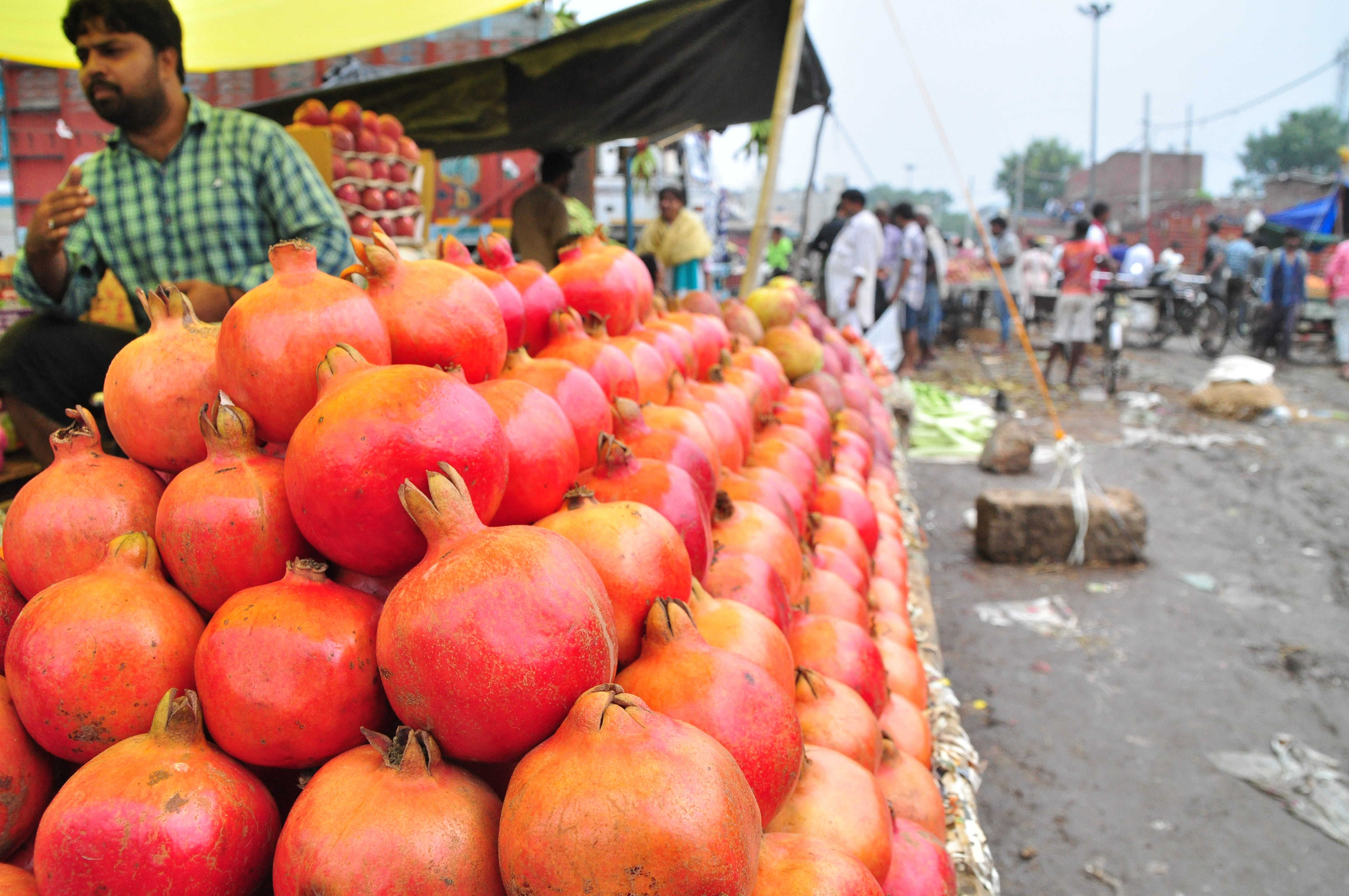
Rihan Qureshi, a farmer from Shimla, also sells his produce at the mandi through a commission agent. The agents create entry barriers in the market by hiking licence fees, which prohibit other farmers to operate. “The farmer is always the one to bear the risk and the burden of the loss,” says Qureshi. “The farmer hardly comes to the market himself now. He sells it to the commission agent directly at the farm itself because he won’t be able to cope with the competition here, in the market.”
Model APMC Act
The central government addressed these concerns by introducing the Model APMC Act. The new law opened up the trade of agricultural produce to private sector and introduced a healthy competition. However, half of India’s states are yet to implement the new system whereas some states like Odisha, Punjab and Haryana adopted it partially. Bihar did away it completely in 2006.
Mandis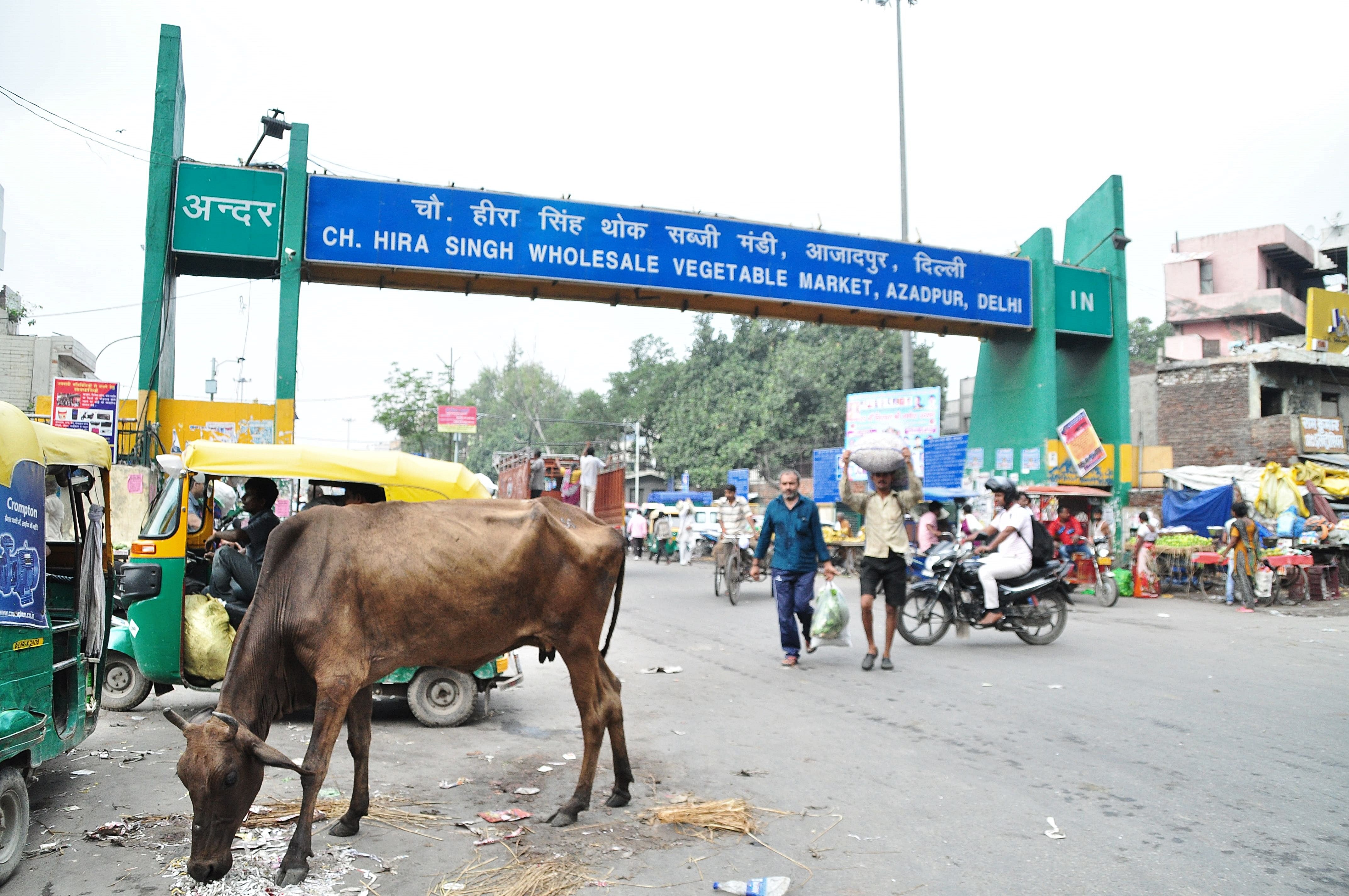
In case of mandis in Delhi like Azadpur or Okhla, the situation still hasn’t changed much. As Qureshi says, “APMC officials charge fees, issue challans as per their whims and allow unregistered traders entry by accepting bribes.” The Economic Survey of 2016-17 highlighted the lack of economic security among farmers and the increased percentage of debt-ridden households in the sector since 1991.
Reform the APMC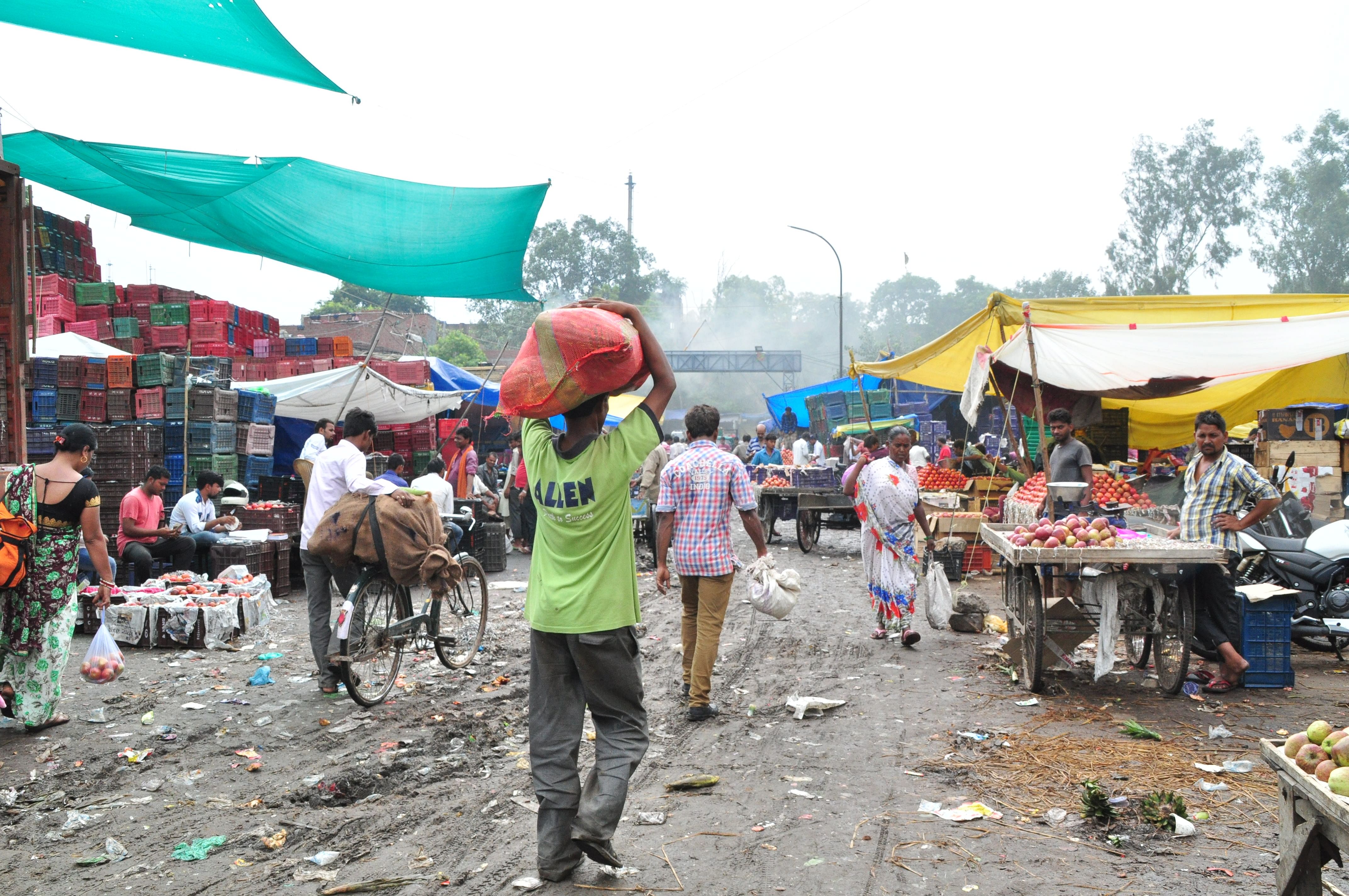
The Centre’s second attempt to reform the APMC system in April this year did not find many takers. Although some states have enacted the Model Act already, states like Rajasthan, Odisha, Assam and Manipur are drafting bills to enact the law.



